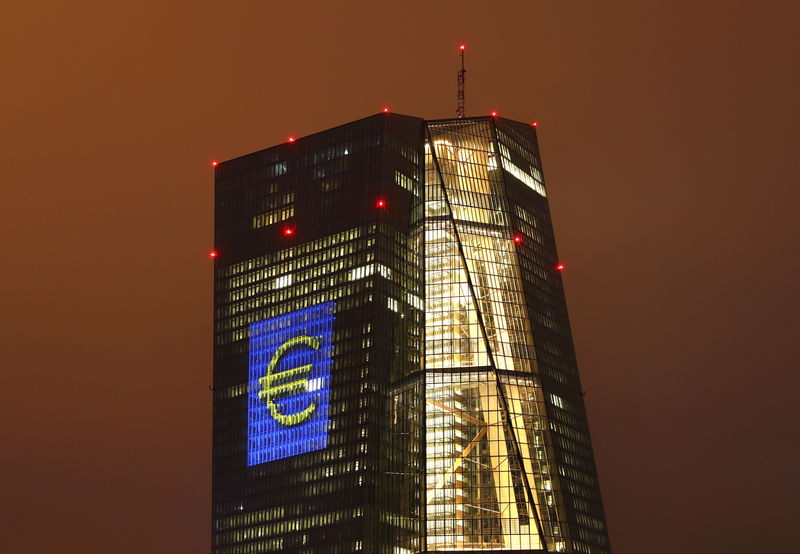The European Automobile Manufacturers Association (ACEA) published its monthly data on Wednesday, revealing a 15.2% surge in new car registrations in Europe for the month of July. This marks the 12th consecutive month of expansion as the automotive sector rebounds from supply chain challenges brought on by the pandemic.
The sales of electric vehicles surged by 60.6%, maintaining an upward trajectory fueled by subsidies offered in several European Union nations. Pure electric vehicles made up 13.6% of the total new car sales, a notable increase from the less than 10% recorded in July 2022. Plug-in hybrid vehicles, featuring both a conventional engine and a large battery, comprised 7.9% of the sales. Additionally, one out of every four vehicles sold in the EU was a full hybrid.
Petrol and diesel engine models together made up slightly below 50% of the overall sales. Diesel vehicles, which once constituted over 50% of new car sales as recently as 2015, now represented slightly more than 14% of the sales in July.
Volkswagen (ETR:VOWG_p), the leading car seller in Europe, recorded a notable 17.9% growth in sales during July, as reported by ACEA. Similarly, BMW (ETR:BMWG) and Renault (EPA:RENA) witnessed sales increases of 22.5% and 16.9% respectively.
Stellantis (NYSE:STLA), however, has encountered challenges related to logistics and car deliveries within Europe. The automaker experienced a decline of 6.1% in sales for July.
